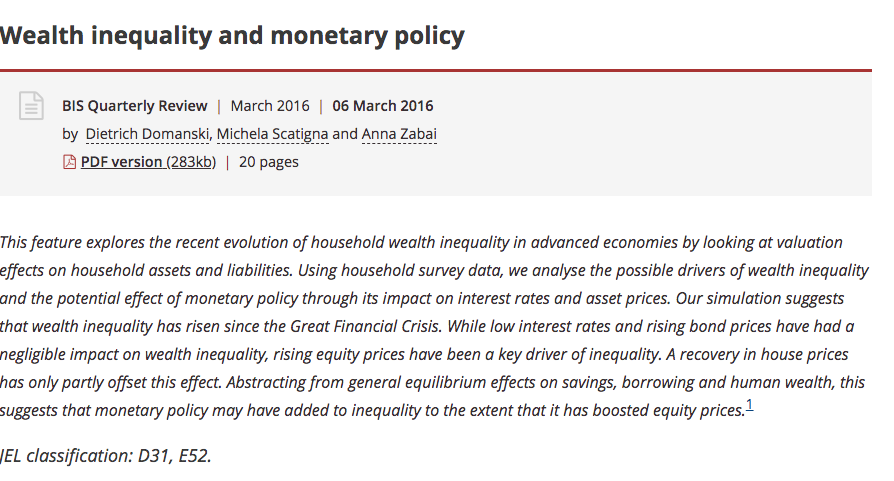
Behind everything there is a collateral + settlement story.
https://twitter.com/zGuz/status/1354854476801302528
Securities traders had the same problem in the 1980s with their repo financing, and the solution was for triparty repo providers to take the market on their balance sheet, basically providing intraday financing unsecured
I wrote about it here - and there is no neat, non systemic solution to time- critical liquidity problems
ft.com/content/4da3a0…
ft.com/content/4da3a0…
The upside to this - a lot more people are going to become familiar with margin calls.
• • •
Missing some Tweet in this thread? You can try to
force a refresh












